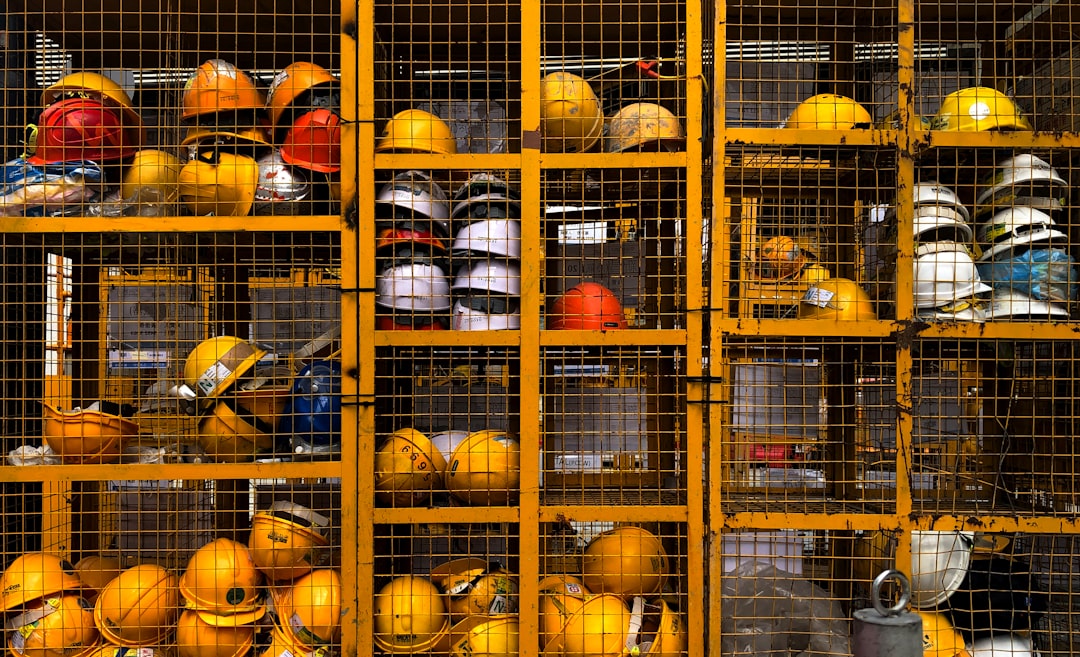Transformative Change?
Worth Watching...
Spring of 1972, Dad brought a college scholarship application home from work, funds made available through his Hormel union, then the “Amalgamated Meat Cutters & Butcher Workmen of North America”, now the less muscular sounding “United Food & Commercial Workers”. Applicants were required to take a proctored test about the history of the U.S. labor movement. Highest scores would be rewarded at several levels: $1,000 for first, maybe two at $500, probably several at $250.
Instructions included reading a particular book, something like “Mileposts in Labor History”. So, I’ll read the book, take the test, and win the money, ha. As I recall, I had a few days to make this happen, and eagerly swung by the high school library. Not surprisingly, the book was not part of the collection, nor was it in the town library. I did find several relevant volumes, however, one with more photos than narrative (Eugene V. Debs displaying anguish), a Samuel Gompers biography, a history book with a Haymarket Square chapter.
I prepared as best I could and took the test monitored by the school librarian. Mailing back my answers, I anticipated learning soon about money coming my way. Suffice to say, I never heard back. Not even honorable mention. Oh well… worth a try. Yet, by today’s perspective, I won, for this exercise implanted a durable kernel of interest. Based on this modest investment of time and effort, I likely knew more about the history of the labor movement than my 100+ classmates. Evidently, students with access to the suggested book knew even more.
Since this test, I’ve tracked loosely on the history of the labor movement: Pullman, Homestead, and sit-down strikes; the Triangle Shirtwaist Fire and the Fair Labor Standards Act; Gompers, Reuther, and Chávez. A rich history, notable wins and losses, tragically numerous deaths. I’m not an expert by any stretch, but am positively inclined toward organized labor, standing (or writing) periodically atop my small soapbox, advocating in favor of unions.

Quoting my Hubert Humphrey poster, which quotes HHH, “The history of the labor movement needs to be taught in every school in this land. America is a living testimonial to what free men and women, organized in free democratic trade unions can do to make a better life.” Part of MY living testimonial is this: labor unions enabled workers — including members of my immediate and extended family — to gain higher wages, more reasonable hours, safer conditions, health benefits, and financial support when injured or retired.
Sadly, labor history is generally NOT part of public education, mentioned here without criticism of today’s schools, while noting exceptions undoubtedly exist. Perhaps related, recent decades have not been kind to organized labor. For example, 1954, my birth year, the percentage of workers belonging to a union peaked in the U.S. at 35%. Today? 8%. Despite this dark trend (unrelated to my birth!), I detect a series of optimistic sunbeams.
First, whether coming from Hollywood, autoworkers, or elsewhere, the success of unions has been a front-page story of late. And yes, success breeds success. Second, broad public support. For instance, a poll taken prior to their settlement indicated three-fourths of Americans sided with United Auto Workers. Third, the same poll found an unprecedented uptick in the belief unions will grow stronger than they are currently, 34% now versus 19% five years ago.
Fourth, according to Benjamin Sachs, Professor of Labor & Industry, Harvard Law School, “Support for unions is especially high among young workers. A lot of youth and youthful energy is fueling the massive increase in organizing among graduate students, among young doctors… There’s a generational shift in the labor force that’s carrying with it the generational shift in approval for unions.” Fifth and finally, Professor Sachs again: “The courage and resiliency of union members, workers trying to form unions, workers who are striking, give me an optimism I haven’t had in years. … We may be starting to see transformative change, in the labor movement and, as a result, in our economy and our politics broadly.”
Transformative change? We’ll see. It’s worth watching.
*****
I’m pleased to be part of the Iowa Writers’ Collaborative. These are my colleagues:


I certainly hope you are correct! I was part of two organizing efforts in my working past, neither were successful. I was part of a factory electrical workers union that was well financed by workers, but when lay offs happened suddenly you were just out, no one in the Union Hall had anything to offer you, you simply were no longer in the union, period. The last union I expected to belong to was the Machinist Union, I got through the probation period by two days, no union rep offered me membership and I was laid off never to be recalled again. I understand the concept of a union, but my experience certainly missed the mark of what I had felt was a brotherhood. Now to old to recover from all the bad things that happened in my working career, I am still a true believer that Unions can work, but they have to grow into the poorer unions with solidarity to bring them along with the trade unions to better conditions and higher wages.